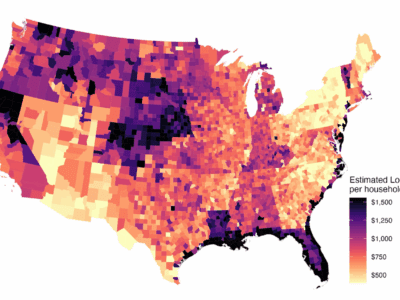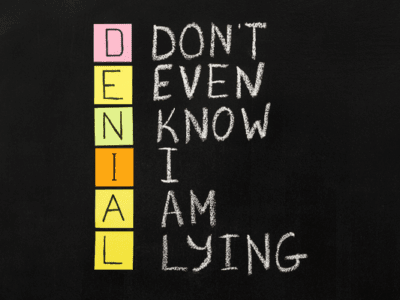What Are Law Schools Doing About Climate Change?
Quite a bit, as it turns out.
Law schools produce volumes of scholarship on climate change and energy issues. They also train the next generation of leaders in environmental law. Those are the traditional roles, but many law schools are also engaging more directly with those issues. I’ve put together a sample of some current programs, which illustrate the depth and diversity of law school engagement.
Here are some programs that I found in a quick sampling of schools:
- An energy law clinic working on community solar.
- Institute exploring possibilities of carbon tax.
- An international environmental law program that offers assistance to the most vulnerable countries in international climate negotiations.
- Establishing guidance to help communities adjust to the loss of a coal power plant.
- An initiative working with businesses and state regulators to identify and remove barriers to renewable energy, energy efficiency, and climate adaptation.
- A center providing a clearinghouse and guidance regarding state energy and climate programs.
- An initiative research collaborations on grid modernization, clean energy innovation, and unconventional natural gas development.
- Litigating on behalf of a teenager whose petition for action on climate change was rejected by a state agency.
- A clinic representing a state clean energy association.
- A center that does scholarship and advocacy on the social cost of carbon.
- A clinic that analyzes markets for renewable energy credits and also works on issues involving climate refugees.
To avoid focusing on initiatives that I’m familiar with, I checked the websites of the top environmental programs (from US News). Nearly all the schools have multiple initiatives, but I only picked one. I’m also familiar with great energy and climate programs at other schools that weren’t chosen by US News. In other words, the list given above is only the tip of the iceberg.
All of this is in addition to what individual faculty do, through their teaching, research, or public service. Not that law schools are central to the effort, but it’s good to know that we’re making a contribution to the fight against climate change.
Reader Comments
3 Replies to “What Are Law Schools Doing About Climate Change?”
Comments are closed.







Law is our agreement to live together, the embodiment of our social contract to make it binding and enforceable. I’m glad to see that so many schools, including Berkeley, are leading the reshaping of that contract to include environmental rights on par with economic and social and civil and political rights. Our agreement would be incomplete without it. Thanks for this good news and good work.
Great column! As past chair of the Florida Bar Tax Section, I have challenged the Section to come up with a tax plan that works in Florida where 75% of Floridians live in coastal communities and Florida relies on sales tax and real property tax, both vulnerable to sea level rise. The Section has taken up the challenge. The Section challenged each of Florida’s law schools to redesign Florida’s tax system to work for its coastal communities faced with storm surge, sea level rise, and disappearing beaches. This is the link to the Florida Bar News article: https://www.floridabar.org/news/tfb-news/?durl=%2Fdivcom%2Fjn%2Fjnnews01.nsf%2F8c9f13012b96736985256aa900624829%2F79ce8d85eca5b7038525810c0045569d
This is a link to an Op-ed about Florida’s sea level rise/tax issue: http://www.tampabay.com/opinion/columns/column-will-rising-seas-swallow-floridas-tax-base-or-will-we-revise-our/2319305
Coastal communities in other states may have similar issues
One small suggestion:
Many law schools are at universities that also have engineering schools.
A lot of solutions to climate change will be implemented as engineered systems, enabled by a political and legal climate. Also, in many law cases an expert is called on to testify as to what is feasible based on cost, other risks, and so on, and this should be the case as regards climate as well.
So, it is probably wise for law schools to take advantage of any engineering resources at hand and build a bridge between legal action and technical concerns, and reach out to the other buildings on campus.